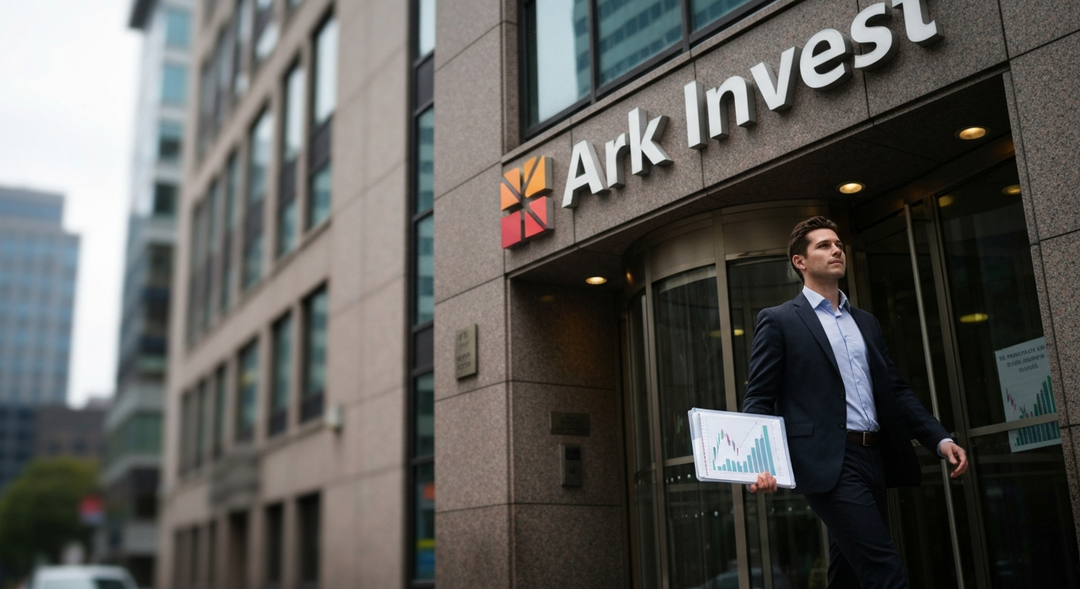PayPal has taken a major new step by allowing digital currency payments. This new option enables businesses in the United States to accept over 100 cryptocurrencies.
Start Cloud Mining has seen many startups enter digital payment spaces. The push by PayPal comes as international processing fees often eat into profits for sellers.
A fresh feature named Pay with Crypto is set for launch soon. This will let shoppers choose wallets like MetaMask or Coinbase during checkout with US merchants.
Payments can now be made with assets such as Bitcoin, Ether, XRP, along with leading stablecoins including USDC and USDT. By supporting coins representing almost all of the combined crypto market value, this change signals a bold embrace of digital assets.
For the seller, the process remains simple. Merchants receive payment in US dollars, settled almost instantly after the crypto transaction is confirmed.
PayPal sets its service fee for this option at 0.99 percent. For many store owners, that’s a fraction of traditional credit card processing rates seen on overseas orders.
Alex Chriss, PayPal’s President and CEO, emphasized the real advantages for merchants. International sales have long meant high fees and complicated integrations. Crypto payments cut through these challenges, giving more businesses a chance to grow globally.
Cross-border payments have always posed hurdles. Traditional banks often charge high fees, add delays, or create technical difficulties for merchants seeking to sell beyond their own country’s borders.
Imagine a customer in Central America buying a gift from a small business in the middle of the United States. The payment can now flow easily through PayPal’s open platform, landing in the merchant’s PayPal account as dollars without the old obstacles.
PayPal makes it even more appealing by allowing those US dollar balances held in PYUSD to earn a yield. Businesses keeping PYUSD in their accounts can benefit from a four percent rate, adding value to their digital reserves.
The advancement builds on PayPal’s earlier forays into digital currencies. The company’s US dollar stablecoin, PYUSD, stands at the center of this change, while partnerships continue to grow stablecoin adoption globally.
Stablecoins in particular have emerged as a preferred solution for fast and cost-effective transactions. They hold their value stable relative to the US dollar, avoiding the volatility seen in other crypto assets and making them ideal for business payments.
The new service works using so-called blockchain rails. Transactions can be processed rapidly compared to legacy card networks or bank wires. Since crypto transfers do not rely on bank intermediaries, merchants gain near instantaneous access to their funds.
This setup streamlines the shopping experience for both buyers and sellers. Transactions that once involved banking delays or lengthy settlement periods are now completed almost as quickly as a digital message is sent.
By allowing over 100 varieties of cryptocurrency for payment, PayPal widens the options far beyond most other platforms. This not only grants buyers more freedom, but also attracts a broader base of crypto-using customers.
The technology is not limited to major coins. As the feature covers coins making up about ninety percent of global market capitalization, it caters to a huge spectrum of enthusiasts and investors looking to spend digital currency.
PayPal’s entry into this space signals a larger trend. Many companies are searching for ways to reduce expenses, speed up cash flow, and expand globally without the friction of legacy payment networks.
With this change, even small businesses can step onto the world stage. Lowered fees, prompt settlement, and yield opportunities make crypto acceptance far more practical than ever before.
The impact could be significant for both seasoned online retailers and those just building a digital storefront. By further integrating cryptocurrency and stablecoins into day-to-day transactions, PayPal hopes to encourage wider adoption across the business landscape.
Merchants interested in new technology can now offer a wider variety of payment options. Shoppers gain convenience and speed, while business owners enjoy lower operational costs and increased potential for global sales.
Meanwhile, the broader use of blockchain points to the changes underway in how people think about moving and storing value. This marks a key milestone as digital currencies progress from speculative tools toward mainstream financial utilities.
PayPal continues its broader strategy of blending digital wallets, stablecoins, and crypto assets into one coherent network for commerce. As more merchants sign on and buyers explore these features, broader changes for payment infrastructure may follow.
Conclusion
By opening its doors to crypto payments, PayPal dramatically reduces barriers for US merchants seeking global customers. The reduction in costs, nearly instant settlement, and support for a wide range of digital assets empowers businesses to succeed in today’s interconnected digital economy.
The choice to Start Cloud Mining or simply transact with crypto continues to expand the ways individuals and companies participate in the world market. As more businesses take advantage of these innovations, expectations for global commerce and digital finance are sure to evolve rapidly.

Ewan’s fascination with cryptocurrency started through his curiosity about innovative technologies reshaping the financial world. Over the past four years, he has specialized in cloud mining and crypto asset management, diving deep into mining contracts, profitability analysis, and emerging trends. Ewan is dedicated to helping readers understand the technical and economic aspects of crypto mining, making complex information accessible and actionable.




